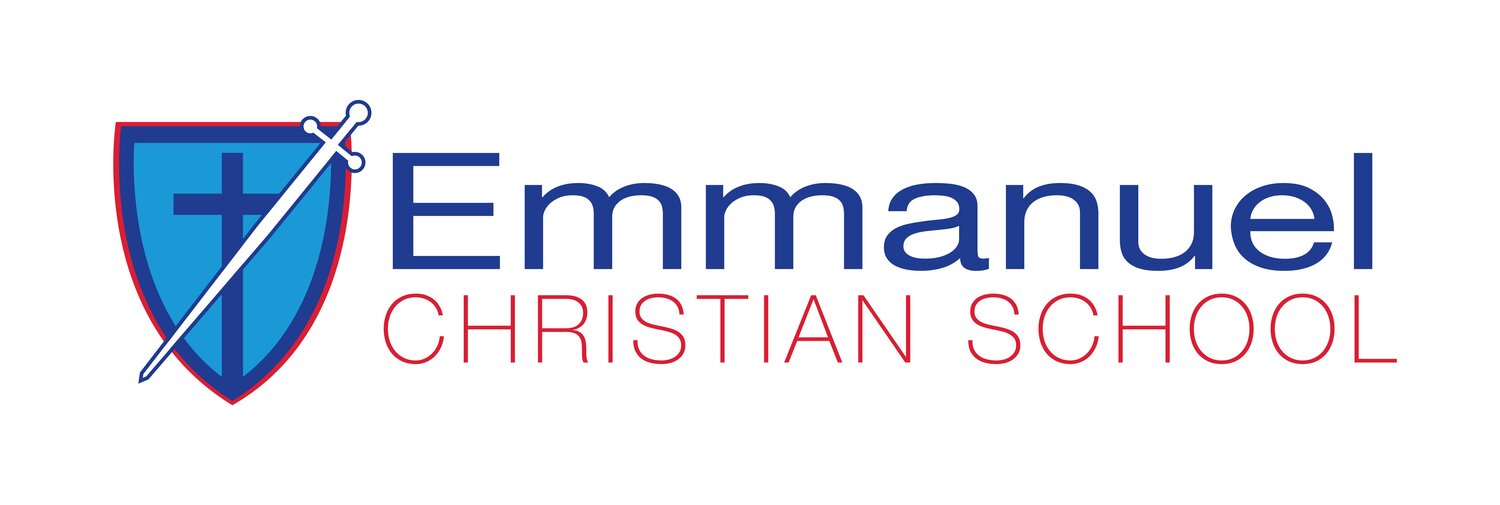I’m not sure about you, but life for me lately has been increasingly busy. As I tick off one thing on my ‘to-do’ list, two more things get added and the endless cycle continues. The constant push and stress to keep up with everything can be draining both physically and mentally.
Over the years, I’ve learnt, and now truly appreciate, the value of preparation for tasks ahead. I wish had taken more seriously when I was younger that being prepared is not just an ‘adult thing’, in fact it’s very much a skill that can be caught and taught at a young age. At school, students have many opportunities to take advantage of being prepared in order to help overcome the challenges they face. Whether it be tests, assignments, sporting events, and even getting ready for school; these are all opportunities where preparation is key to perform at our best.
I have discovered that through all of my sporting, academic and life challenges, the more I’m prepared, the less stressed and anxious I feel. Life is stressful enough. We don’t need more stress due to lack of preparation.
“How can we use preparation skills to help us through our lives, not only when we become adults, but as young people at school?”
In the Primary School we have a perfect opportunity to put into action some of these skills as we are gearing up for our drama production in week ten. Students will be going to great lengths to practice and remember their lines, and cues to ensure everything is as good as can be. We practice as though it’s the main performance, so when that does eventually come, we will be ready. It’s something we’ve prepared and rehearsed so much that it’s second nature.
How can we use preparation skills to help us through our lives, not only when we become adults, but as young people at school?
I believe there are three ways we can prepare in life; physically, mentally and spiritually.
Physical preparation is like getting your lunch boxes out ready for the day ahead, revising for your next test, or having all your books ready for the classes ahead. These are great tangible things we can teach our students.
Mentally we can prepare ourselves by the way we talk to ourselves. Positive talk goes a really long way; tell yourself what you’re going to achieve today. We can also mentally prepare by working on our growth mindset. When we strengthen this, we achieve more and keep going even when life gets tough.
Spiritually, we can prepare our heart. Coming to God at the start of every day will set up us for whatever is ahead. We know from the Bible that God goes before us and knows what’s ahead. When we ask God to guide us in our day ahead we are preparing our hearts in the best way possible.
Navigating school and life can be tricky at times, but when we prepare ourselves physically, mentally and spiritually, we give ourselves the best possible opportunity to succeed.
How are you going to prepare yourself for the week ahead?
Francis Pascal - Acting Primary Coordinator









